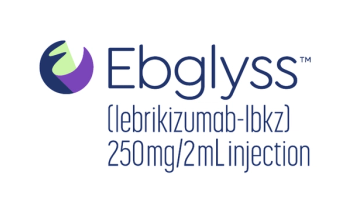
Researchers to Medicare: Mark Cuban Prices Could Have Saved You $3.6 Billion
Harvard researchers calculated that buying 77 generic drugs at prices being charged by Mark Cuban’s online pharmacy prices would have lowered Medicare spending on those drugs from $9.6 billion to $6 billion.
Mark Cuban said he has come up with a way of making drugs more affordable when he launched his
Harvard researchers lent some credence to Cuban’s claims some when they reported calculations that that Medicare program could have saved $3.6 billion in 2020 it had bought 77 generic drugs at Cuban’s prices.
The findings were reported in this week’s Annals of Internal Medicine.
Related:
Cuban’s online pharmacy says it sets its generic drug prices based on the cost of the ingredients and manufacturing plus a 15% margin, $3 dispensing fee, and $5 shipping fee.
Hussain S. Lalani, M.D., M.P.H., and his colleagues at the Program on Regulation, Therapeutics and Law at the Brigham and Women’s Hospital in Boston and Harvard Medical School, came up with their estimate by identifying the Cuban’s price for 109 generic drugs on Feb.8 of this year. They recorded the price for a 30-day supply and a 90-day one. Then they identified Medicare Part D spending on 89 of those drugs in 2020, excluding 20 drugs with multiple dosage forms because the Cuban prices and the Medicare information didn’t match up for those drugs.
Their estimate of the savings involved the fairly straightforward math of taking the difference in the unit price between the Cuban online pharmacy and price that Medicare paid, multiplied by the number of units dispensed. The adjusted Medicare to reflect costs as of Feb. 8.
Their results showed $3.6 billion in savings on 77 of the 89 drugs had they been purchased at Cuban prices in 90-day-supply amounts. That works out to a 37% savings.
The savings were less in the the 30-day-supply amounts: $1.7 billion on 42 of the 89 drugs.
The drugs that would have generated the highest savings at Cuban prices were esomeprazole (as brand-name drug sold as Nexium) $293 million; rosuvastatin (as a brand-name drug sold as Crestor), $241 million; and aripiprazole (as a brand-name drug sold as Abilify), $233 million.
Other research has also suggested Medicare overpayment. Lalani and his colleagues referenced a study that showed Medicare overspent relative to Costco member prices.
“Our findings suggest that Medicare is overpaying for many generic drugs,” they concluded. They cited a previous research that has shown that the various entities in the drug supply chain retain 64% of every dollar spent on generic drugs
Newsletter
Get the latest industry news, event updates, and more from Managed healthcare Executive.























